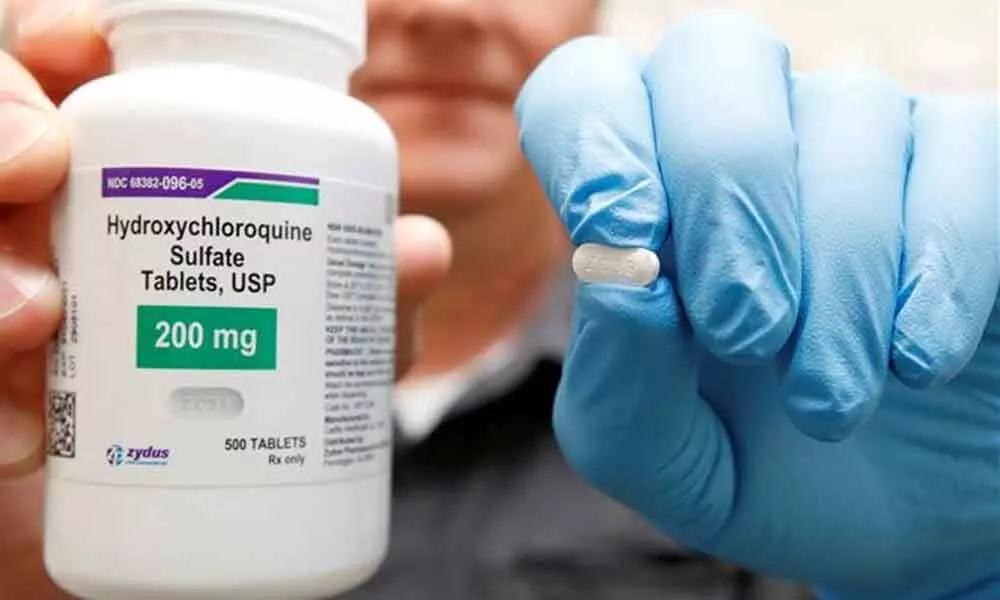HCQ, chloroquine do not show antiviral effect, say studies

Chloroquine and hydroxychloroquine, either alone or in combination with the antibiotic azithromycin, do not show any notable antiviral effect against infections with the novel coronavirus in macaques or human lung cells, according to two new studies in the journal Nature
London: Chloroquine and hydroxychloroquine, either alone or in combination with the antibiotic azithromycin, do not show any notable antiviral effect against infections with the novel coronavirus in macaques or human lung cells, according to two new studies in the journal Nature.
Hydroxychloroquine (HCQ) and chloroquine, two drugs, commonly used for the treatment of malaria, have been investigated for their potential to treat COVID-19 in more than 80 registered clinical trials, and have been shown to inhibit the novel coronavirus, SARS-COV-2 infection in cell cultures, the scientists said.
However, they said, the effectiveness of these drugs in the treatment of patients with COVID-19 has been debated. In one of the studies, scientists including Roger Le Grand from the French National Institute of Health and Medical Research, assessed the effects of HCQ treatment in cynomolgus macaques, a non-human primate model of SARS-CoV-2 infection in humans.
They found that HCQ showed no substantial antiviral activity, regardless of the timing of treatment initiation, either before infection, soon after infection, or late after infection. According to the study, using the antimalarial drug in combination with azithromycin, an antibiotic, had no notable effect on virus levels in the macaques either.










